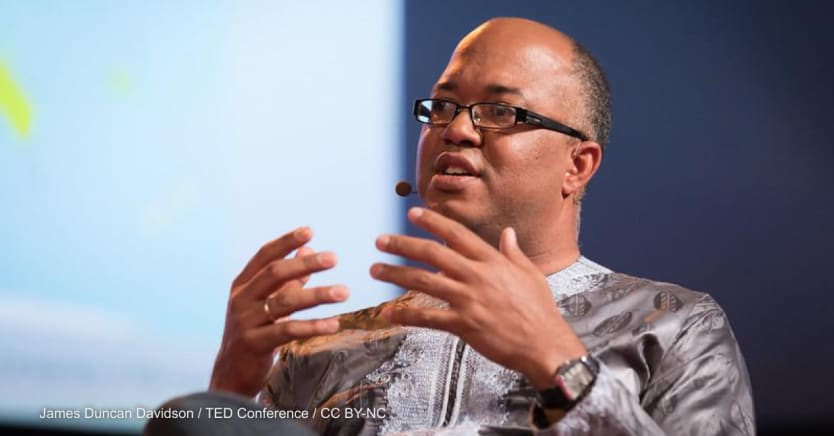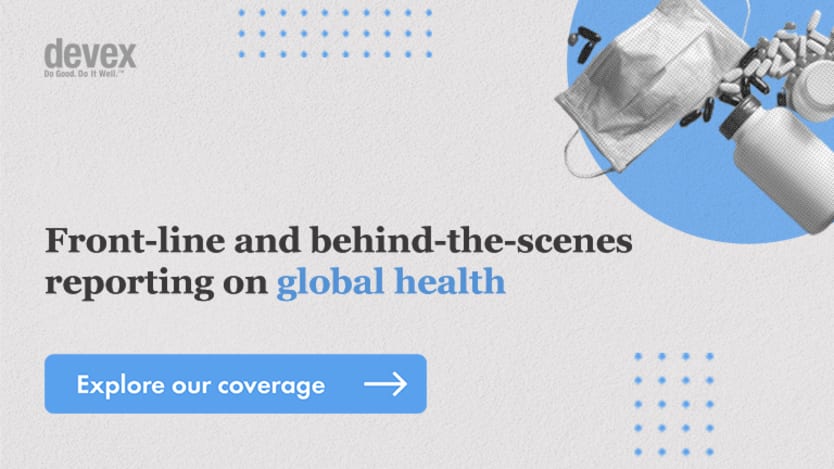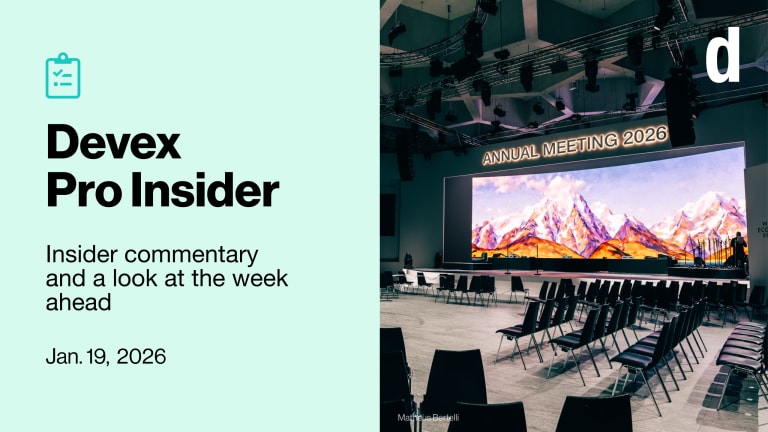
As countries across Africa are battling a third wave of the COVID-19 pandemic, the continent’s most populous country, Nigeria, appears to have averted this deadly threat.
Sign up for Devex CheckUp
The must-read weekly newsletter for exclusive global health news and insider insights.
Cases in the country last peaked during the height of the second wave in January. Dr. Chikwe Ihekweazu, director general at the Nigeria Centre for Disease Control, said this is due to the strict travel restrictions and quarantine protocols in place.
“Third waves are not inevitable,” he said. “We have taken the actions necessary as a country, [with] some very difficult decisions. … All of that has led, to some extent, [to] the limitation of new cases coming in Nigeria.”
Though Ihekweazu is quick to credit the country’s decisive actions to a collective effort, many in Nigeria and the region point to his leadership as the key to the response.
“I hope my legacy is that my name will be completely forgotten and everyone will remember the institution that we have collectively built with 500 other Nigerians.”
— Dr. Chikwe Ihekweazu, director general, Nigeria Centre for Disease ControlIhekweazu received his medical degree from the University of Nigeria in 1996 and went on to earn a master’s in public health from Germany’s Heinrich Heine University Düsseldorf. Before his appointment at NCDC, he worked for public health authorities in Germany, the United Kingdom, and South Africa.
He first gained the attention of the Nigerian government’s health authorities in 2010 through a blog post highlighting the need for a well-resourced national center for infectious disease prevention and control. Six years later, he was appointed the head of the organization he had advocated for.
Under his leadership, NCDC has developed a blueprint for public health emergencies in Nigeria and has supported states across the country in acquiring capabilities for public health responses, such as tracking, testing, and isolation. Prior to the outbreak of COVID-19, NCDC played critical roles in Nigeria’s responses to yellow fever, Lassa fever, and the Ebola virus.
Dr. Matshidiso Moeti, the World Health Organization’s regional director for Africa, said NCDC has managed to expand its capacity at the federal and state levels “extremely quickly.”
The beginning of the end for Africa’s COVID-19 vaccine struggles?
Shipments of U.S.-donated vaccines are scheduled to begin their journey to Africa next week.
Ihekweazu has also inspired NCDC staffers to perform well and remain positive and dedicated, according to Oyewale Tomori, chairman of Nigeria’s Ministerial Expert Advisory Committee on COVID-19.
The director general said this has been the key to the center’s COVID-19 successes.
“We have kept the outbreak numbers low. We have tested consistently … and the hospital system has held up. And all these have been driven by Nigerians, not foreign experts,” he said.
The country has administered 99.02% of the 3.94 million doses of the AstraZeneca vaccine it received through the international COVAX initiative.
Though Tomori said Ihekweazu's successor — who will be appointed when his second term ends in 2023 — will have big shoes to fill, the director general said he hopes the NCDC team will continue to build on the institution’s accomplishments.
“I hope my legacy is that my name will be completely forgotten and everyone will remember the institution that we have collectively built with 500 other Nigerians that continues to do the work,” he said. “If that is achieved, I'll sleep comfortably at night.”

Search for articles
Most Read
- 1
- 2
- 3
- 4
- 5








